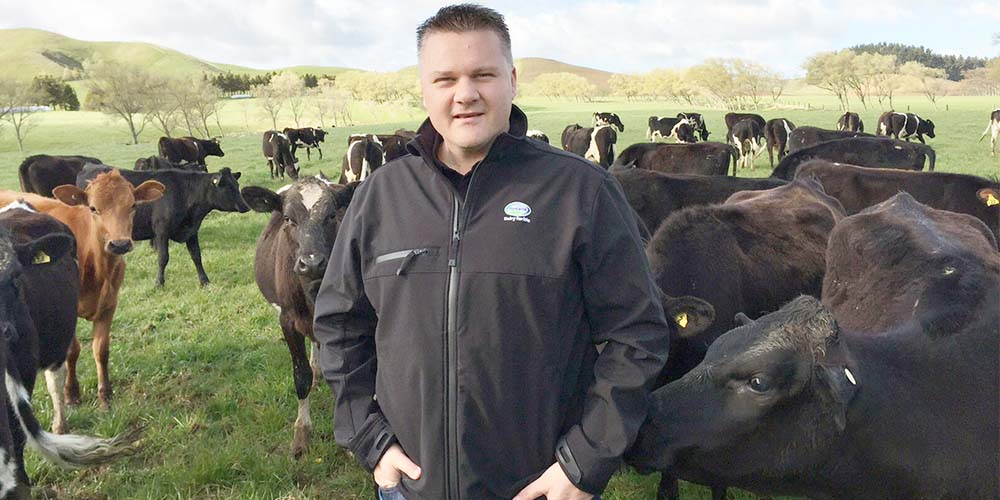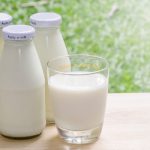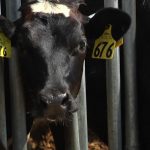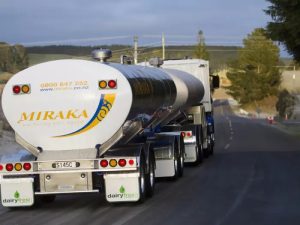
It’s been a busy first half of the 2020 financial year for the co-op.
We’ve introduced a new strategy and a new customer-led operating model.
We’ve re-organised our business so it fits with our more targeted strategy and we’ve improved our financial performance.
We’re a very different co-op to this time last year – we’re prioritising New Zealand milk and staying focused on what we know we’re good at and what makes a difference to people.
But we’re also operating in a very different world.
There are clearly some clouds on the horizon as we see the ongoing global impacts from covid-19.
I sit here and think thank goodness we did what we did in the first half of the year.
We’ve increased our total group underlying earnings by 87% to $584 million.
And we’ve done it by delivering stable underlying earnings from our Ingredients business, improving gross margins in food service and reducing our operating costs.
We’ve also reduced our net debt by $1.6 billion. I have to say this is my pick of the numbers and it’s exactly what we needed to do to help us through these kinds of times.
Yes, the sale of DFE Pharma and foodspring, which gave us $624m in cash proceeds, helped a lot in reducing our debt but we also improved our cashflow thanks to improved earnings, lower working capital requirements and lower capital expenditure.
The big question now is what’s ahead of us?
The covid-19 situation is very fluid and uncertain so I don’t have all the answers but I can share what I’m seeing today and I can also share some of the levers Fonterra can pull to navigate carefully through the challenges we’ll face in the second half of the 2020 financial year.
Our top priority is to do everything we can to stop our people contracting the virus. That is the reason we’ve stopped face-to-face meetings and domestic and international travel and why many of our teams are now working from home.
We’re doing what’s necessary to protect the business. We have had a dedicated team of people working on this since January to understand the situation and minimise the risks for all of us.
There is a robust business continuity plan in place and we are preparing the co-op for if the situation deteriorates further.
So far, our global operations have been largely unaffected.
There’s been a slow-down in processing of containers at some ports but our product is still clearing in our key markets.
We’re also seeing a level of resilience reflected in global dairy prices at this point.
Markets are changing fast and our customers’ responses are also changing fast. For example, during February nearly 80% of stores in China were closed and that obviously affects our food service performance.
But it seems like China is slowly turning a corner and now only about 25% of stores remain closed.
People are adaptable. Restaurants are doing more take-out, drive-through and home deliveries. More people are cooking at home and this is reassuring for our consumer business in some markets.
It’s important we take this one day at a time – it’s a fast-moving situation but one of the strengths of the co-op which is so valuable in times like this is that we are in a number of markets and have a number of products from base ingredients right through to high-end ingredients and consumer products.
This means if one segment, category, market or region falters we have the ability to move our products around or turn our farmer owners’ milk into the products that are most in need and most in demand.
For now, though, we are keeping a very close eye on this extraordinary situation. As we navigate through it, it’s important we stay focused on our strategy and what we need to do to minimise the risks for our employees, our farmer owners and our customers.
























